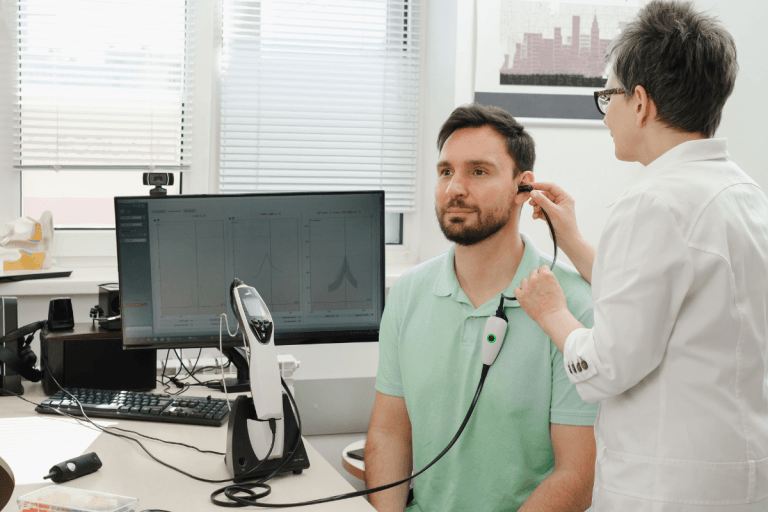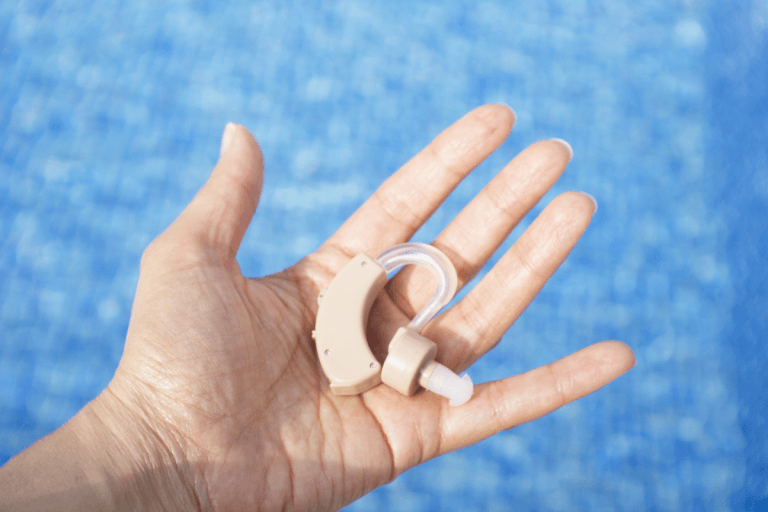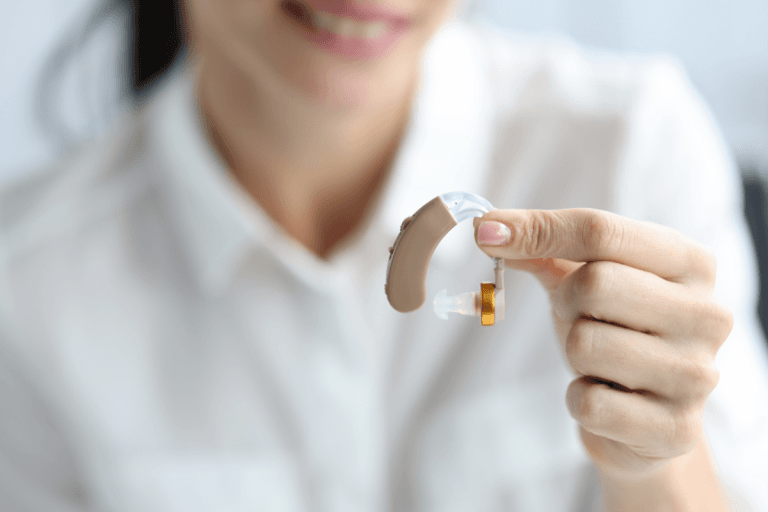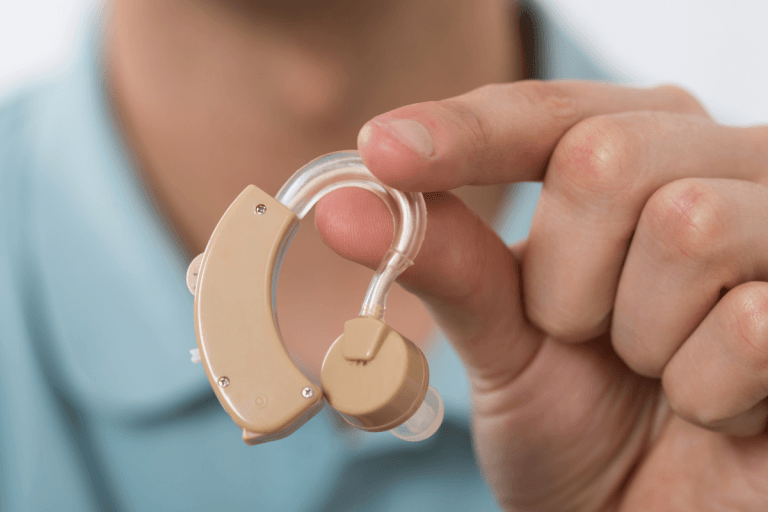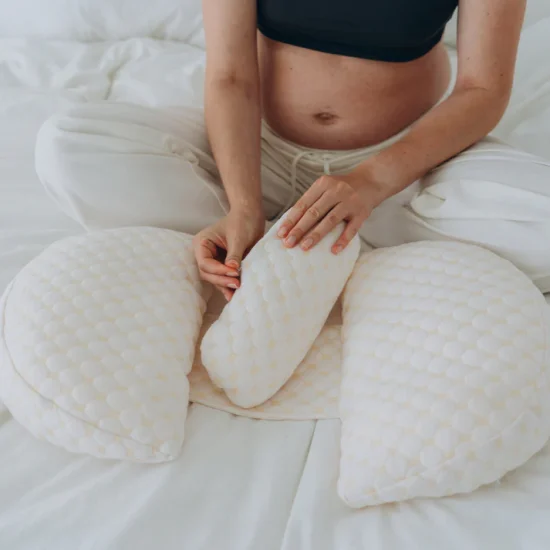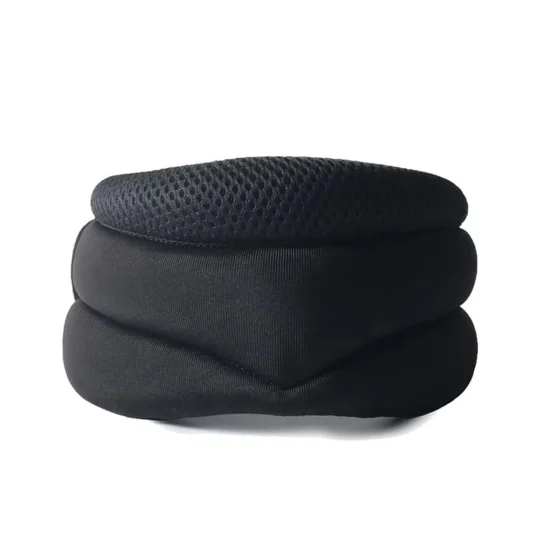Why Does My Hearing Aid Cause Itching in My Ear and How to Resolve It?
If you’re experiencing itching in your ear while wearing your hearing aid, you’re not alone. This is a common issue for many hearing aid users, and it can be caused by several factors. While the discomfort may seem like a minor issue, it’s important to address it to ensure you can wear your hearing aid comfortably and effectively. In this blog, we’ll explore why hearing aids can cause ear itching and provide some tips on how to fix it.
Common Causes of Itchy Ears from Hearing Aids
- Build-up of Wax or Debris
One of the most common causes of itchy ears while wearing hearing aids is the accumulation of earwax or debris inside the ear canal. Hearing aids can push wax deeper into the ear, which may irritate the skin and cause itching. This can also create a blockage that affects the sound quality of your hearing aid. - Allergic Reactions to Materials
Hearing aids are made from various materials, including plastics, metals, and silicone. If you’re allergic to any of these materials, the constant contact with your ear can cause irritation or an itchy sensation. In some cases, this can even lead to redness or a rash around the ear. - Moisture and Sweat
If you sweat or have moisture in your ear, it can get trapped under your hearing aid, leading to itching. This is especially common in warm weather or for people who engage in physical activity while wearing their hearing aids. Excess moisture can irritate the skin and make it feel itchy. - Poor Fit
A hearing aid that doesn’t fit properly can cause discomfort, including itching. If the device doesn’t sit comfortably in your ear, it may rub against the skin, leading to irritation. A poor fit can also allow moisture and debris to build up around the hearing aid, further contributing to the itching sensation.
How to Fix Itchy Ears from Hearing Aids
- Clean Your Hearing Aid Regularly
To avoid wax buildup and debris, it’s essential to clean your hearing aids regularly. Follow the manufacturer’s cleaning instructions to ensure the devices remain in good working condition. Clean the earpiece, microphone, and tubing to prevent buildup. Regular cleaning can also help prevent infection and itching. - Use Ear Drops or a Cleaning Solution
If earwax is the cause of the itching, using ear drops to soften the wax may help. You can find over-the-counter ear drops that safely loosen wax. Make sure to follow the instructions carefully. If wax buildup persists, consult a healthcare professional for safe removal. - Switch to Hypoallergenic Materials
If you suspect an allergic reaction to the material of your hearing aid, try switching to a hypoallergenic model. Many manufacturers offer hearing aids made from materials less likely to cause irritation, such as medical-grade silicone or non-allergenic plastic. - Dry Your Ears and Hearing Aids
If moisture is the issue, consider using a drying kit or desiccant to remove moisture from both your ear and your hearing aid. After sweating or getting caught in the rain, it’s important to dry your ear thoroughly before re-inserting the hearing aid. Some hearing aid models even come with a drying case to help eliminate moisture overnight. - Get a Proper Fit
If your hearing aid isn’t fitting properly, it’s crucial to have it adjusted by a professional. A proper fit can prevent rubbing and irritation. Many hearing aid providers offer fitting services to ensure your device is positioned correctly and comfortably in your ear. - Take Breaks
If you’re experiencing persistent itching, try taking breaks from wearing your hearing aid to allow your ear to breathe. This can help relieve the irritation and allow your skin to recover. It’s essential to wear your hearing aids for long periods to improve your hearing, but taking breaks when needed can reduce discomfort.
When to Seek Professional Help
If your ear itching persists despite trying these tips, or if you experience additional symptoms such as pain, redness, or drainage from your ear, it’s important to consult a healthcare professional. A doctor or audiologist can assess your ear health, provide additional treatments, and ensure your hearing aids are functioning correctly.
By understanding the common causes of itchy ears and taking steps to address them, you can improve your comfort and enjoy the full benefits of your hearing aids. Regular maintenance, proper fit, and moisture management are key to preventing irritation and ensuring that your hearing aids work seamlessly.


